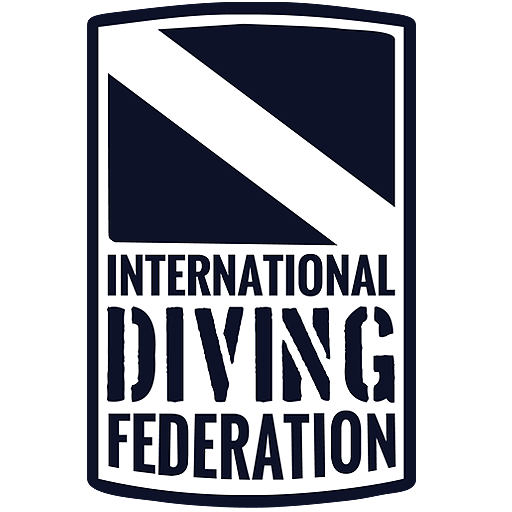However, all four were aware that every development has its upsides and downsides – each of them witnessed many accidents that could have been avoided and tragedies that could have been easily prevented. They were convinced they could change the dive training system to prevent accidents and were determined to put their plan into action. They believed that a safe return home is the top priority in diving.
Błażej Pruski, Tymoteusz Furmanek, Jarosław Bekier and myself, Sebastian Dobrowolski. We are the instructors driven by the idea of setting up a modern federation that would address the issues affecting dive training.
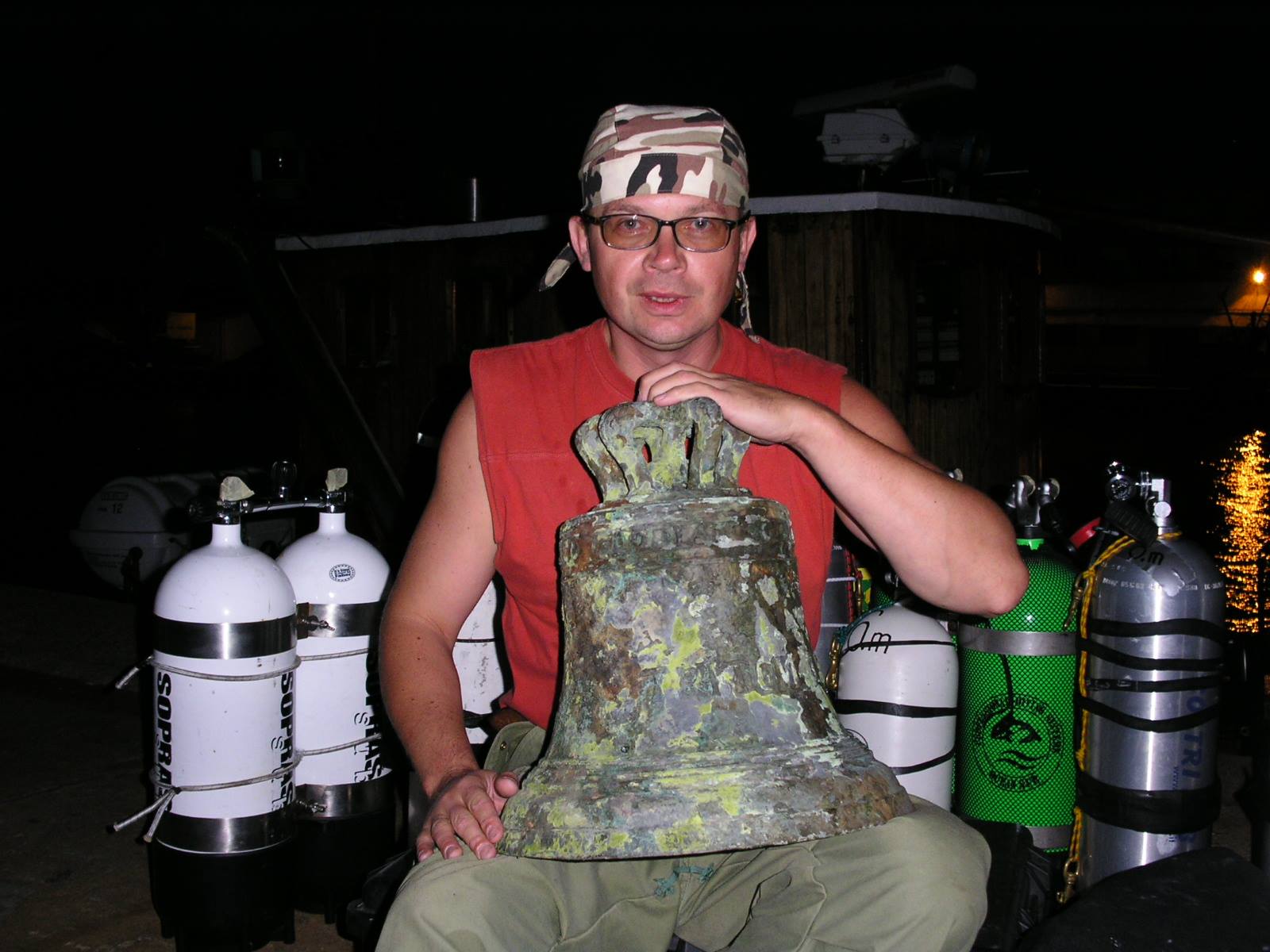
Błażej Pruski started his diving adventure in 1978. He was a teenager when he took his first diving course, that lasted several months. His determination to pursue his dreams gave him the strength to overcome the obstacles, even though the communist regime in Poland was standing in his way.
The problem was the scarcity of diving equipment and very limited opportunities to travel abroad. After many years of struggle, he was able to achieve great success in exploring shipwrecks in the Baltic Sea and became one of the Polish pioneers in promoting modern diving techniques (including the use of nitrox, trimix and semi-closed circuit rebreathers) at the time. Over time, he became a mentor to many generations of instructors at all levels of expertise.
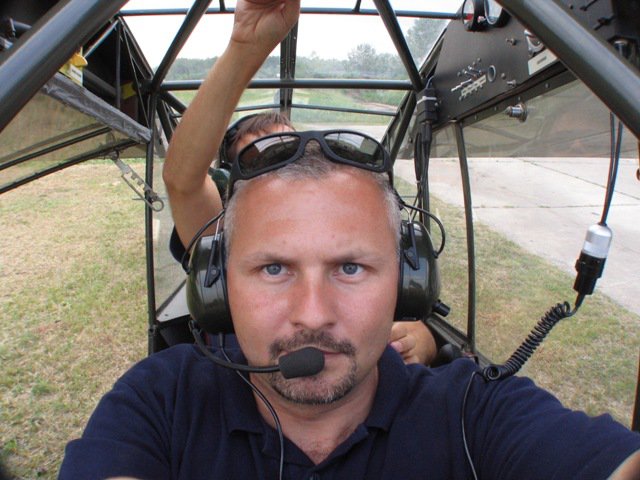
Tymoteusz Furmanek also got into diving at a young age. He took his first dive in 1988 and within a couple of years became a professional diver. His positive attitude towards working with people led him to become a Course Director. He used his vast professional experience gained while working at the Polish Ministry of Foreign Affairs and, in cooperation with Błażej, created an innovative dive instructor development programme using the latest pedagogical and psychological knowledge.
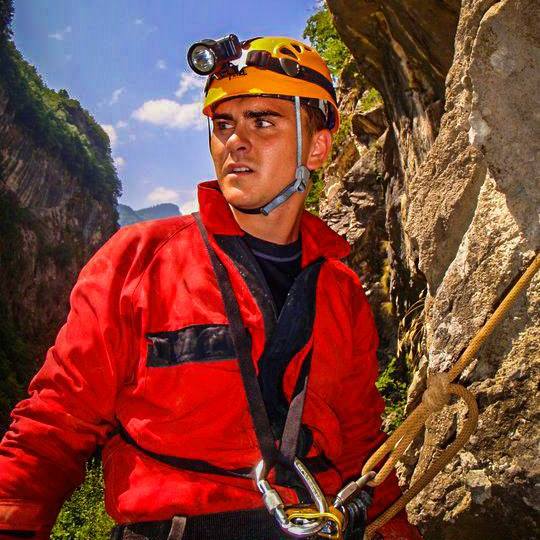
One of the graduates of the aforementioned instructor courses was me, Sebastian Dobrowolski. I inherited my enthusiasm for diving from my father, who is also an instructor and began teaching me when I was merely 10 years old. Technical and cave diving soon became my passion – especially in places where, in addition to aesthetic impressions, I could enjoy the thrill of discovering the unknown. I specialised in organising cave exploration expeditions, where I had the opportunity to use both my diving and caving skills. To this day, cave diving and exploration remain integral parts of my diving career. After spending some time working as a dive instructor in Norway (300 km beyond the Arctic Circle), I became a professional member of the Fire Brigade. The experiences I gained while on duty taught me the importance of well-developed procedures (which provide ‘muscle memory’ and enable automatic action even in the most extreme situations) but also the comprehensive knowledge and skills that allow these procedures to be adapted to the current situation on an ongoing basis – because just as there are no two identical people, there are also no two identical situations. I wanted to apply this experience to diving by developing a training system for cave divers who would be able to explore this fascinating world more safely.
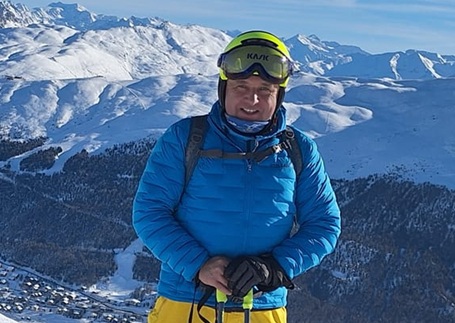
The three of us met at Lake Hańcza at Jarek Bekier‘s place, where he runs a large, buzzing and popular dive centre. Over the years, he acquired extensive knowledge of the dive business, its shortcomings, future prospects and real needs. Running such a large dive centre and work with many other dive instructor allowed Jarek to perfectly understand the challenges they face on a daily basis – and thus seek solutions that could make their job better and safer.
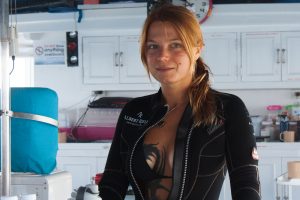
Daria, my wife, also joined us there. She spent years working on dive boats outside Poland, from the hot tropics to the cold North Sea, which allowed her to gain a lot of valuable experience in safety in mass training and tourism.
She also contributed her environmental knowledge and her appreciation and love of marine life to the IDF training system. She now shares her passion and expertise by authoring our training manuals.
Our experience has given us an insight into the problems most commonly faced by professional instructors.
- Low number of rescue exercises performed during courses
- Inability to individualise the pace of training
- Lack of good, relevant training materials
- High prices that do not reflect the product quality
- Excessive bureaucracy and administrative procedures
- Unclear terms of cooperation between instructors and the federation
- Reduced independence of the instructors by forced affiliation with dive centres
We are confident that behind every good diver there is a good instructor.
Our goal is to create a modern diving federation that can respond efficiently to the challenges brought about by changing times. A federation that will allow instructors to devote more time and energy to training, and divers to be confident that their course will be conducted in the spirit of our motto: Safety First!
Today, IDF is a rapidly growing dive training agency, represented in many countries, whose certificates are recognised worldwide. We offer a unique, comprehensive and, above it all, inclusive training system for people with disabilities. The high quality of our training programme has led numerous rescue and military services in various countries to cooperate with us. Divers associate IDF with high-quality training materials, a significant level of digitisation and, most important of all, training safety.
We never stopped diving and training ourselves.
We’re always open to new ideas and needs.
We listen. We respond.
We evolve for you.
IDF - we support instructors, we care about divers.
See you underwater!
Sebastian Dobrowolski



